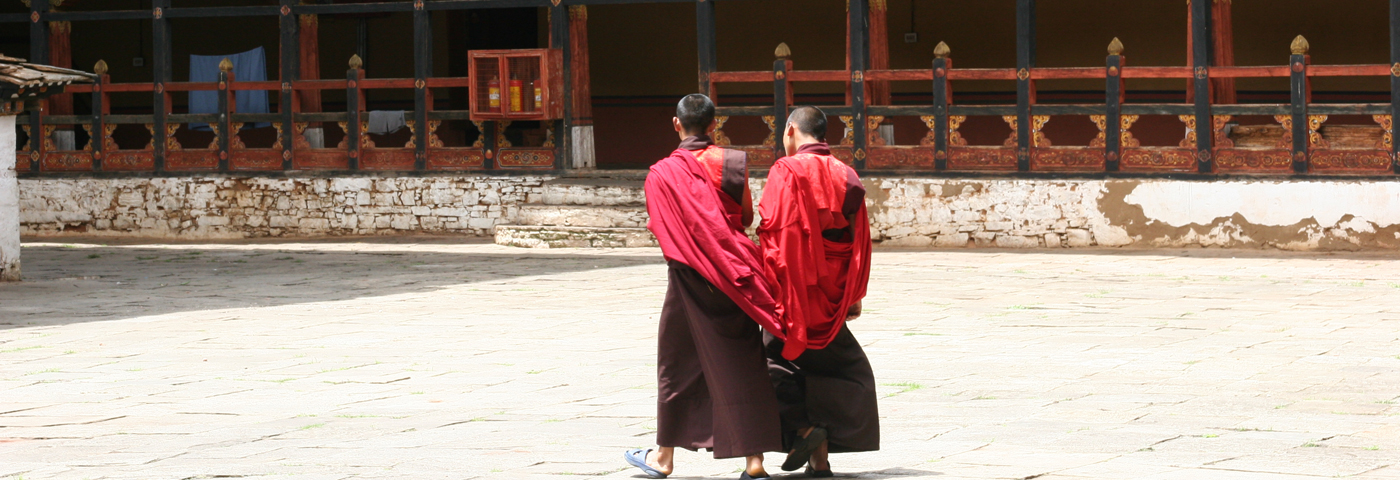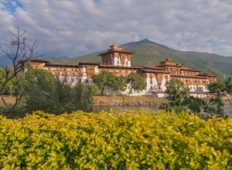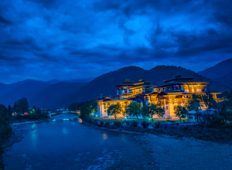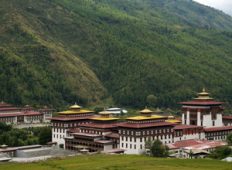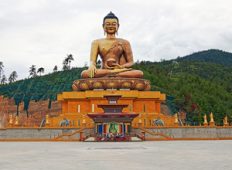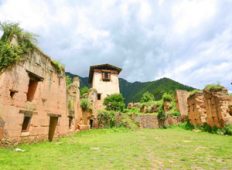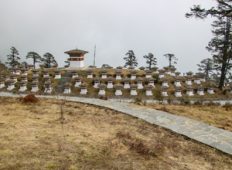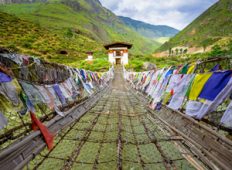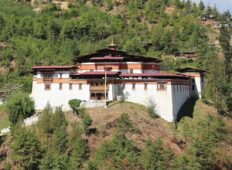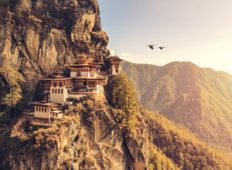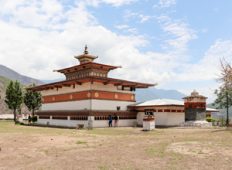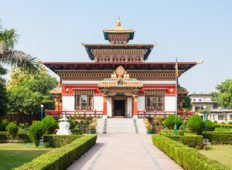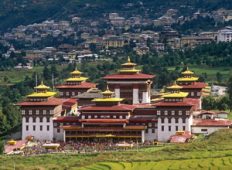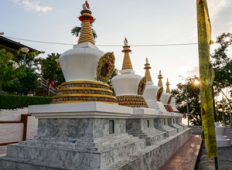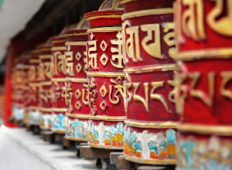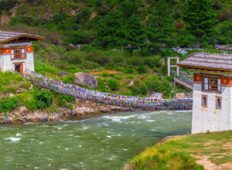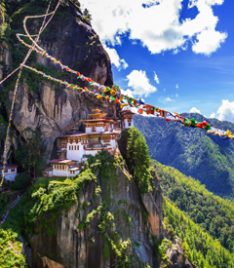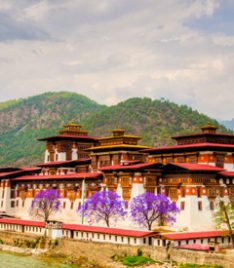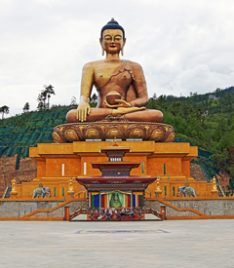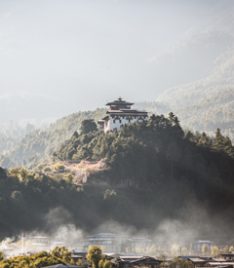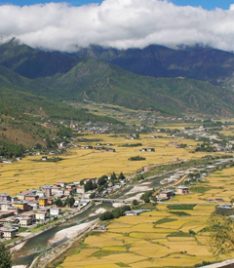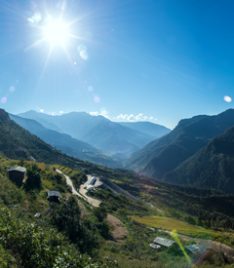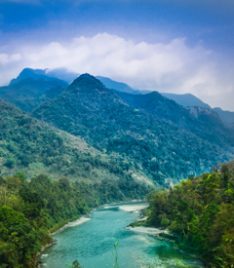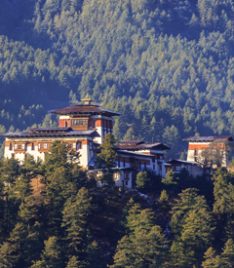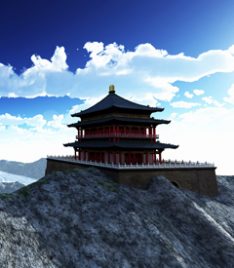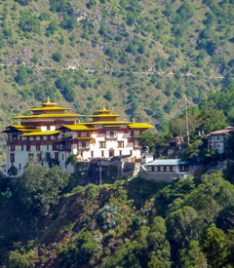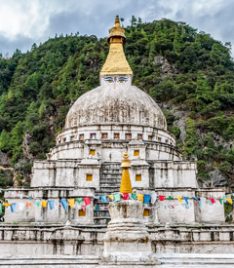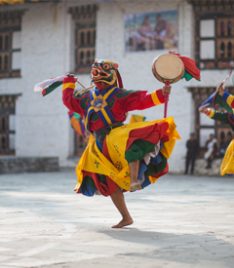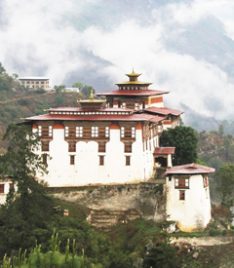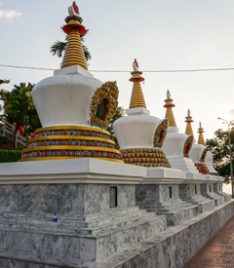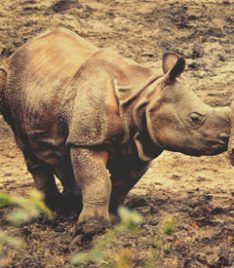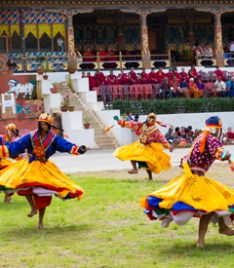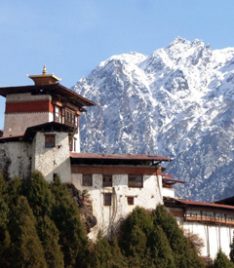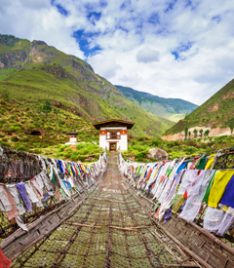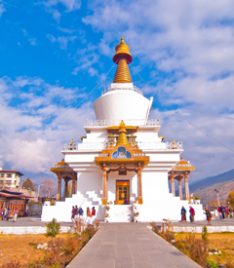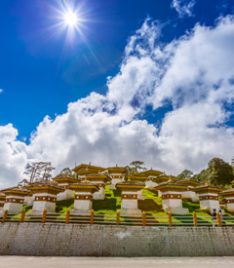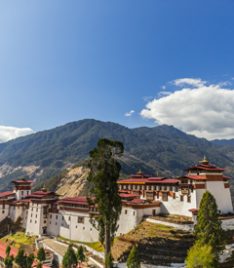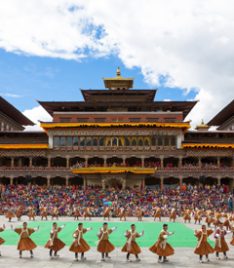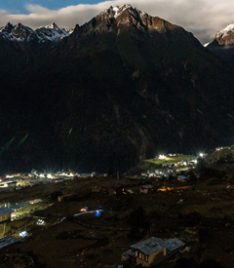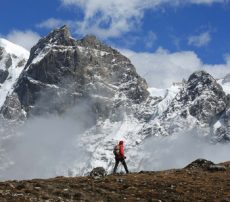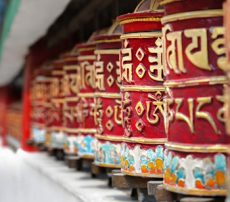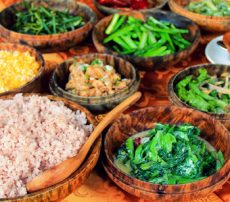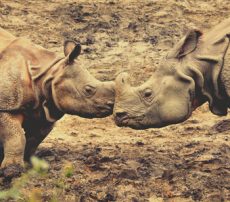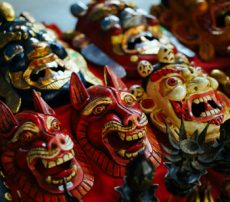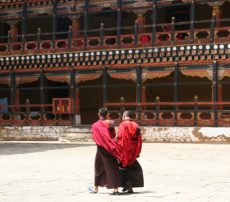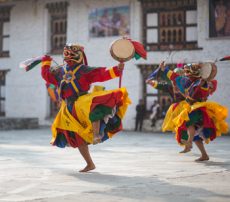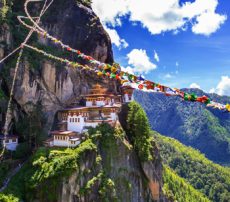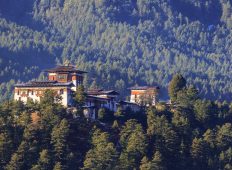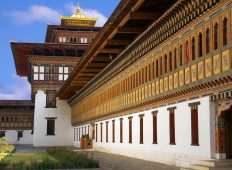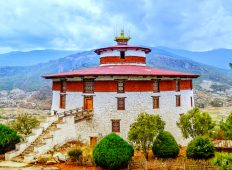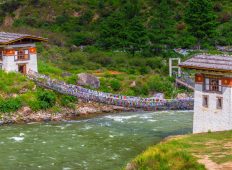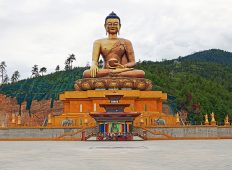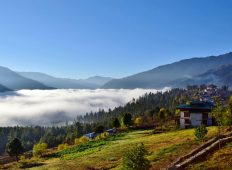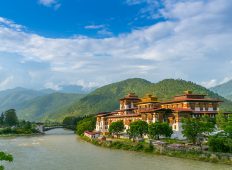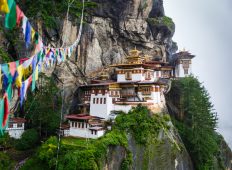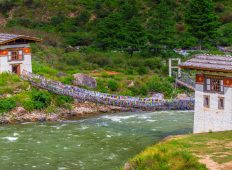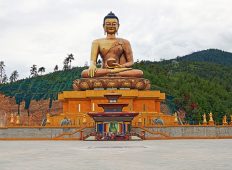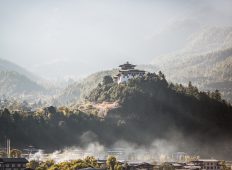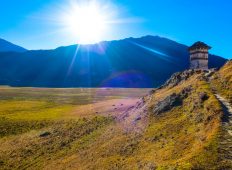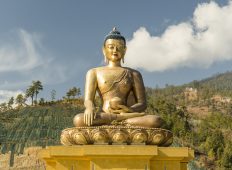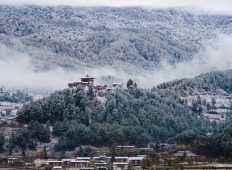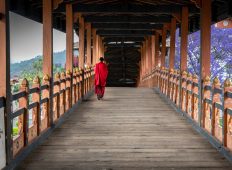PEOPLE, SOCIETY, RELIGION, TRADITION AND CULTURE IN BHUTAN
Blessed with nature’s choicest attractions, Bhutan is a travel destination for everyone who wishes to surprise themselves. Bhutan is a country replete with holy monasteries, rocky mountains, lush valleys and pristine rivers. Its people’s and its government’s determination to preserve the harmony of the land and promote their cultural values are unmatched. This idealistic offering of the nation fascinates every person who comes across it.
People
The Bhutanese people evoke a strong sense of individuality and independence. They can be largely categorized into three main ethnic groups- the Tshanglas, Ngalops and the Lhotshampas.
The Tshanglas are commonly known as Sharchops and are considered the aboriginal inhabitants of eastern Bhutan. It is said that they are the descendants of Lord Brahma. The Ngalops speak Ngalopkha and are of Tibet origin. They are known for dances that are unique to them. Lastly, the Lhotshampas are found in the southern foothills of the country and they practice Hinduism.
Hospitality is an in-built social value that they hold high in regards to Bhutan. Their chooce of clothes are distinct too. Bhutanese men are dressed in knee-length robes with belts and women wear simple colourful blouses along with a brightly coloured jacket.
Society
The society is made up of numerous ethnic groups. They boast as many as 19 different dialects. However, the majority of the population speak Sharchop and Dzongkha. It is free of class or a caste system. Bhutan has one of the fastest-growing GDP’s and is the happiest country in the world. The concept of Gross National Happiness Index is unique to the land. It is a holistic approach to notions of progress. This theory gives equal importance to non-economic aspects of wellbeing as well. The issue of cleanliness is taken very seriously and a series of rules and regulations uphold the values of orderliness and cleanliness in Bhutan. Roads are swept at regular intervals and the areas of tourist interest are scrutinised to assess the quality of facilities by the Government representatives. The best advantage that Bhutan has due to its long isolation is that it has virtually no environmental damage. The restrictions on tourism let the country preserve its beautiful landscapes and as well as their cultural identity.
Culture
Bhutan even if is a small country is ironically a rich mosaic of cultures, languages, lifestyles and belief systems. A very strong emphasis is laid on the preservation and promotion of its unique culture. They believe that by doing so, it will help guard the sovereignty of the country. Bhutanese follow a highly sophisticated system of etiquette. It is based on its Tibetan form of Mahayana Buddhism. This code of conduct promotes respect for authority, devotion to the family and the institution of marriage and dedication to civic duty.
Religion
The Bhutanese constitution assures freedom of religion. Apart from Buddhism, Christianity, Hinduism and Islam are also commonly practised. However, Buddhism is the principal religion and it reflects in all the domains of life there. It is a source of extreme pride for each and every citizen. The Indian Tantric master Guru Padmasambhava is highly revered among locals who is a major milestone for Buddhism in Bhutan. There are more than ten thousand Buddhist monks in the land. Prayer flags are seen across hills, roads and trees. It is not just a religion but a way of life that encompasses other functions of life.
Tradition
Traditional arts and crafts are practised with an equal amount of zeal as much as it was in the past centuries. It is the last standing Buddhist Kingdom making their festivities vibrant as their cultural values draw essence from Buddhism. One of the most quintessential things about the Bhutanese culture is its simplicity. This reflects on their choice of clothes as well. The distinct colour, technique and style of indigenous Bhutanese weaving is being increasingly appreciated by all the textile specialists, users and collectors. Bhutanese food is also equally simple. Agriculture and forestry provide the livelihoods for the citizens. The typical meal comprises of rice, dried beef, pork and chillies that is sometimes garnished with soft white cheese.
Marriage
There is no discrimination between a boy and a girl when it comes to birth, marriage or even death in this land. Bhutan is one of those rare Asian countries where the society is matrilocal, i.e., the groom shifts to the bride’s home after the wedding ceremony. Marriage between cousins is also very common. Even though Bhutan’s culture takes you back in days, it is as forward as you could think. The locals do not isolate or disenfranchise women and dowry is not practised here. Both males and females usually work side by side in the field. Polygamy and Polyandry are also not common.
Bhutan has maintained its tranquillity and poise to serve all its visitors. You must visit this placid land to behold the multiple hues of this ethereal country.
Get Instant Call Back
Why Choose us ?
What makes us diffrent from other tour package companies


